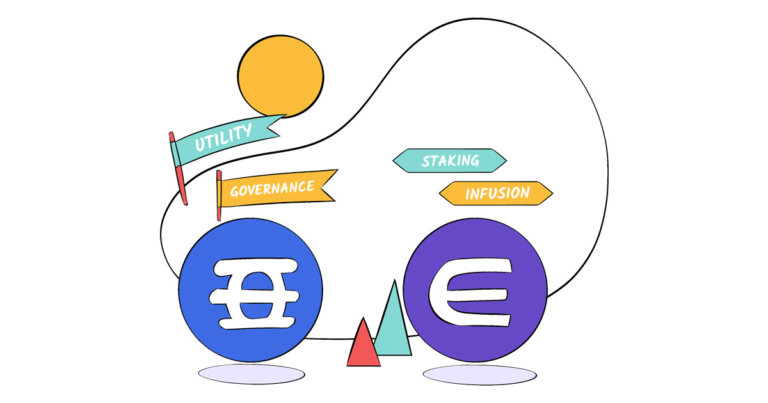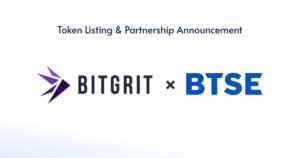 Enjin builds NFT-focused blockchain on Polkadot (DOT)
Enjin builds NFT-focused blockchain on Polkadot (DOT) Enjin builds NFT-focused blockchain on Polkadot (DOT)
Dubbed Efinity, the new blockchain aims to "supercharge" non-fungible tokens from any network.

Cover art/illustration via CryptoSlate. Image includes combined content which may include AI-generated content.
As Ethereum’s non-fungible token (NFT) mania is booming, blockchain development startup Enjin decided to take it one step further and launch a whole new decentralized network dedicated specifically to these crypto-collectibles, the firm announced today.
“We’re creating a groundbreaking blockchain for NFTs, purpose-built to accelerate the advent of a globe-spanning, advanced digital asset economy,” said Enjin CEO Maxim Blagov in the release.
To write the next chapter of NFT history, we need a blockchain that not only solves the problems faced today, but opens new possibilities for the #NFTs of tomorrow.
?️ Introducing Efinity: a next-generation blockchain built for #NFTs on @Polkadot https://t.co/IIjFPDVEqG pic.twitter.com/kwCGmjJw6u
— Enjin (@enjin) March 31, 2021
Dubbed Efinity, the blockchain is built as a parachain on the Polkadot (DOT) network and aims to solve serveral major issues that plague already existing projects. For starters, Efinity ditched the energy- and computationally-intensive proof-of-work consensus protocol (which Bitcoin’s and Ethereum’s blockchains are currently using) in favor of a proof-of-stake solution.
Per the announcement, Polkadot’s technology should also allow Efinity to achieve greater “interoperability, scalability, speed, security, privacy, and governance.”
“Minting NFTs on legacy networks is expensive—financially and environmentally. Polkadot has been designed to solve these structural shortcomings, providing a platform for launching the kind of production-grade infrastructure Efinity represents for NFTs: cheaper for creators and cleaner for the climate,” added Peter Mauric, head of public affairs at Parity Technologies.
A “cross-chain token highway”
At the same time, NFTs from any other blockchain can be moved to Efinity, creating “a cross-chain token highway,” the developers noted. Additionally, transaction fees are planned to be much lower than on Ethereum, for example, where they have been skyrocketing lately.
Per the release, Efinity will be able to process up to 700-1,000 transactions per second on more—versus 15 on Ethereum currently—allowing for much faster transfers of assets.
“NFTs should be for everyone. Building with Polkadot will enable us to deliver an accessible, scalable solution that empowers everyone to participate in the emerging NFT economy. With the end-user in mind, Efinity will provide a fun, simple, and accessible experience for all,” added Enjin COO Caleb Applegate.
With the launch of Efinity, the company is also expanding the list of use cases for its Enjin Coin (ENJ). For example, the token holders will be able to stake it in Efinity’s nodes to passively earn yields in the form of Efinity Token (EFI). The latter is the first-ever “paratoken,” according to Enjin, that will be compatible with the entire Polkadot and Kusama ecosystem.
Efinity will also have a decentralized governance system where any user will be able to submit their proposals—on which EFI holders will vote.
“Efinity is the end result of a technological and ideological evolution that crystallized over the years, ever since we pioneered NFTs in 2017—it’s a next-gen blockchain, but it’s also an idea, a movement, a vision of a future where digital worlds are free, decentralized, open, and accessible to everyone, everywhere,” Blagov concluded.
Recently, CryptoSlate also explained how Polkadot’s “bridges” allow various projects to bring cross-chain functionality to the $35 billion network.
Disclaimer: CryptoSlate has received a grant from the Polkadot Foundation to produce content about the Polkadot ecosystem. While the Foundation supports our coverage, we maintain full editorial independence and control over the content we publish.



 Farside Investors
Farside Investors 


















































































